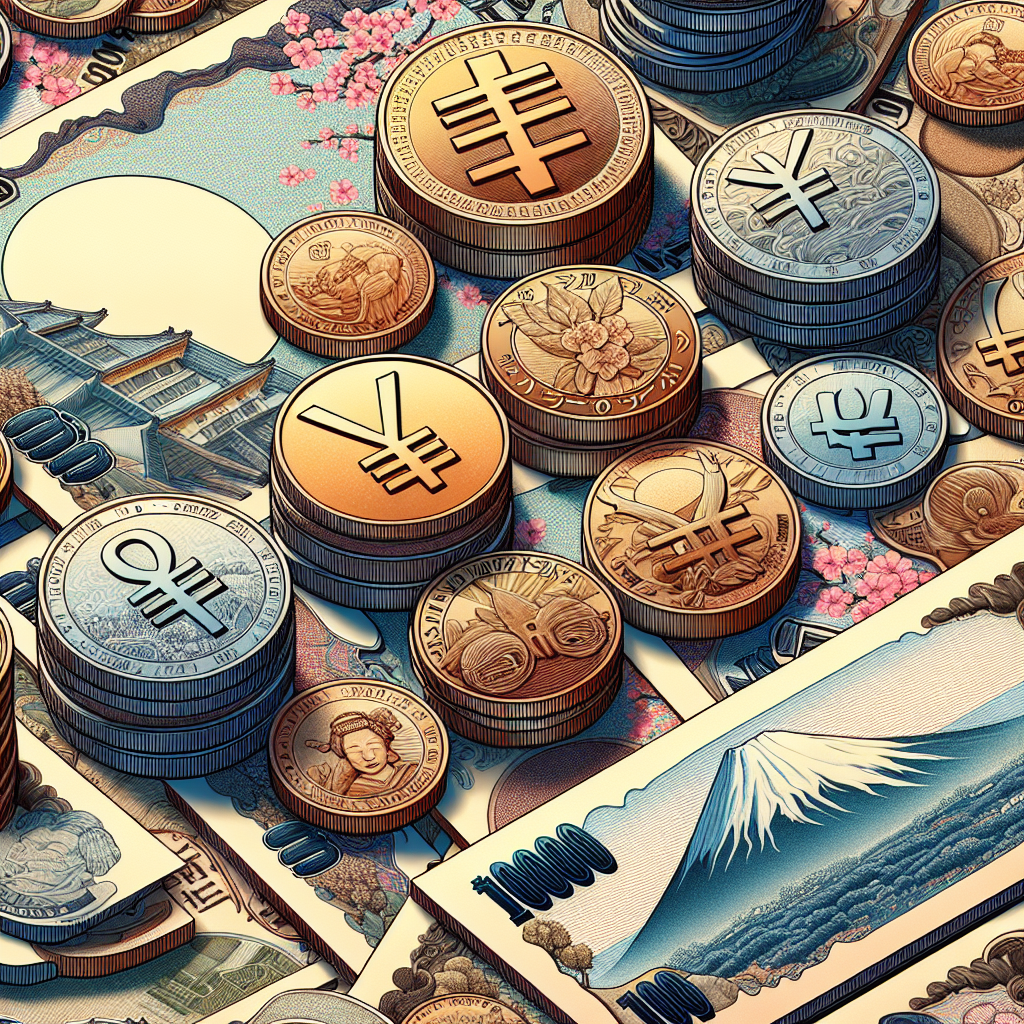Yen Weakness: A Boon for Japan's Economy Amid Fiscal Strategies
Takuji Aida, chief economist at Credit Agricole, argues that the weak yen benefits Japan's economy despite increased import costs. He supports Takaichi's fiscal spending plans and anticipates a steady monetary policy by the BOJ until 2027. Aida predicts a boost in domestic manufacturing and investment.

In a recent interview, Takuji Aida, the chief Japan economist at Credit Agricole, stated that the current depreciation of the yen is actually beneficial for the country's economy. He noted that although import costs might rise, these can be offset by aggressive fiscal spending strategies.
Aida dispelled concerns that further spending could weaken the yen further, arguing that the current level permits capital investment and domestic manufacturing to thrive. He highlighted potential advantages like increased investor confidence and protection against U.S. tariffs.
Aida anticipates that the Bank of Japan (BOJ) will hold interest rates stable until 2027, supporting government spending plans, before resuming a gradual tightening as domestic demand increases. This aligns with the economic strategies proposed by Japan's likely new premier, Sanae Takaichi.
(With inputs from agencies.)









